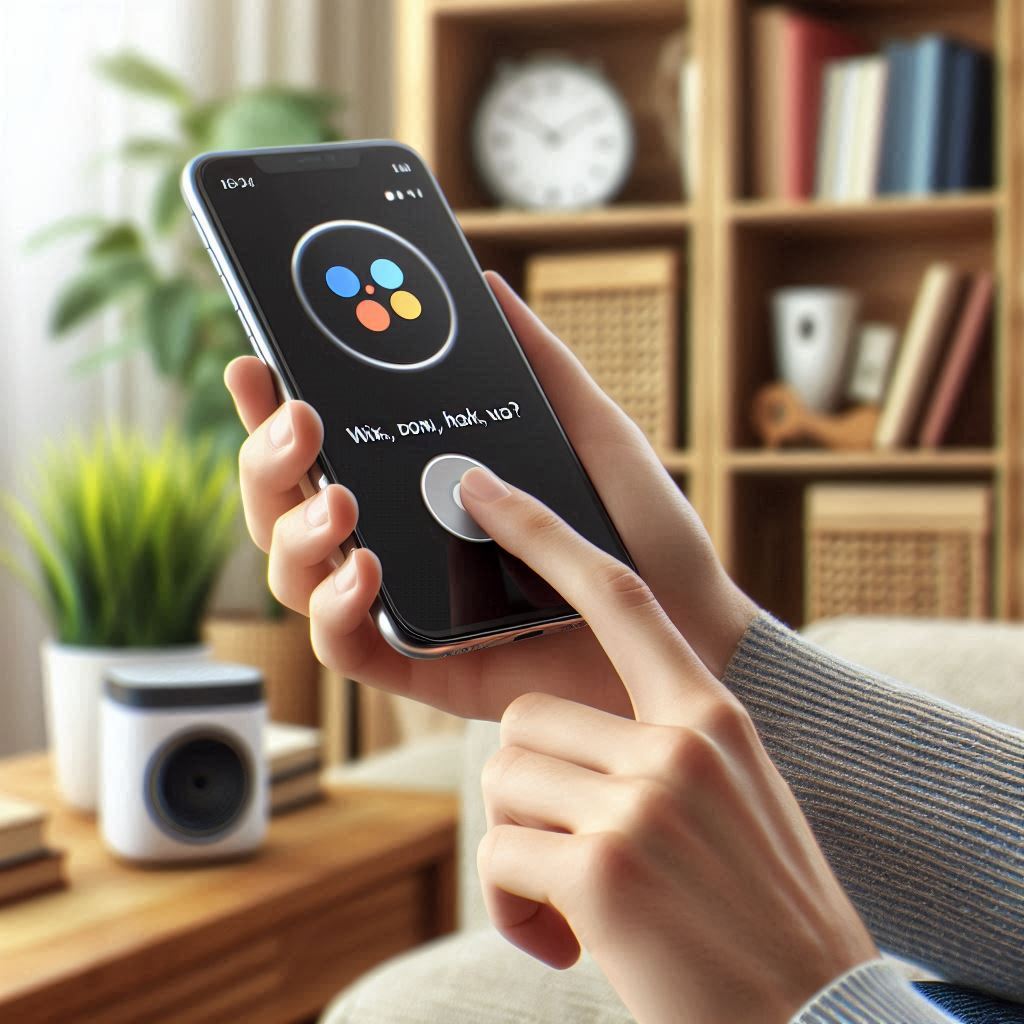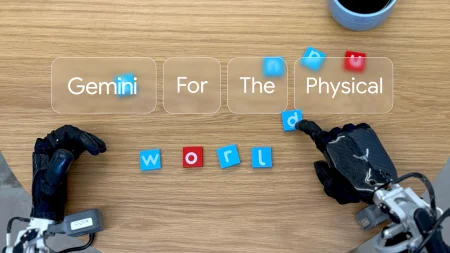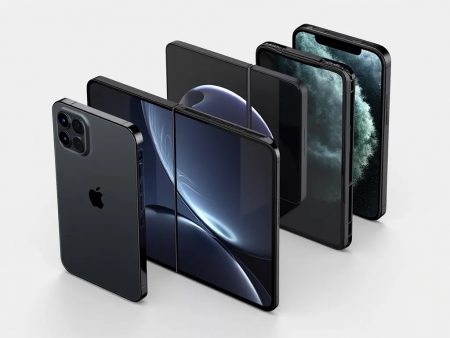The integration of memory capabilities into generative AI represents low-hanging fruit that companies have taken surprisingly long to implement, writes Satyen K. Bordoloi, as he explores its significant impact on advertising and personal assistants.
You plan to surprise your best friend with a birthday party. So, you tell Gemini, Google’s AI assistant, to suggest ideas. Then, life gets busy, and you forget about it. While you’re focused on another task a week later, Gemini chimes in, “Hey, today’s a good day to order the cake and send out the invitations.” You feel a wave of relief at the timely reminder.
Most generative AI you use today does not have a memory function. As this example shows, the ability to remember personal details from previous interactions is essential not just for maintaining user preferences, but for making life easier and better through contextual awareness.
Thankfully, AI companies are taking note.

The Emergence of Memory in ChatGPT & Gemini: OpenAI was among the first to introduce a memory feature in ChatGPT in late April 2023 for paid users and everyone else in September 2023. This feature allows the system to recall and use information from previous conversations to tailor its responses more accurately to your needs and preferences. You can use this feature by explicitly telling the system to remember a thing, asking it to forget something or turning off the feature entirely.
In November 2023, Google followed suit, giving the same feature to Gemini. Though it is currently available only to subscribers of the Google One AI Premium plan and English-speaking users, it will likely be rolled out to everyone else. And it should, as I explain why later.
Benefits of Memory in AI Chatbots: All AI companies strive to make their interactive systems seem so personal that you forget you’re chatting with a bot. By remembering user preferences and previous conversations, these AI chatbots can provide better, more relevant responses tailored to user needs. For example, when you ask ChatGPT for restaurant recommendations, it will suggest places that align with your dietary preferences or favourite cuisines you’ve previously mentioned.
This personalisation enhances user experience, making the AI feel more intuitive and responsive to our individual requirements. It also eliminates the need for repetitive explanations, saving time and effort while improving efficiency. Over time, the AI’s contextual awareness of our preferences increases leading to more accurate and helpful responses, as also a more satisfying interaction. For instance, when you plan a trip, it remembers from your previous planning that you prefer budget-friendly options over extravagant ones and provides relevant suggestions.

Big Impact on Advertising: When you search for something online – say, shoes – relevant ads follow wherever you go, courtesy of Google cookies and tracking. This simple approach has helped Google generate hundreds of billions of dollars annually, amounting to a staggering $2.38 trillion from advertising until 2023. This business model has come under immense pressure recently due to privacy concerns, ad blockers, market saturation, platform dependency, and regulatory scrutiny.
Hence, it is surprising that despite this, Google didn’t immediately recognise how giving their AI bots memory could enhance advertising revenue. Indeed, ads via bots could replace their entire advertising model by seamlessly integrating Google Ads into their functionality.
Gemini, ChatGPT and others, are becoming like personal assistants we use daily to make life easier. Thus, when you interact with Gemini, it can subtly integrate ads relevant to your queries and interests. For example, when you ask it to find good restaurants, it might suggest a few that include sponsored recommendations from establishments that have paid for ad placement. These would be more relevant than generic ads because Gemini would have the potential to remember your preferences, weaving recommendations so seamlessly into the conversation that they feel helpful rather than intrusive.

When ads are tailored to our tastes, we are more likely to interact and respond positively. Indeed, it is only when I’ve been looking to buy something, that I’ve appreciated online ads that match what I’ve been searching for.
Thus, Google Gemini or ChatGPT could become like Google Search is today: free for users who don’t mind additional ad placement in their recommendations. By leveraging its ability to understand and predict user behaviours, Gemini – and therefore Google – could make advertising feel more like personalised recommendations. This would enhance user experience and increase the likelihood of successful conversions, whether in purchasing products or engaging with advertisements. This would naturally drive ad revenue for them.
Moreover, this memory feature in AI bots would allow systems to accumulate detailed data on our preferences and behaviour. Collectively, this information could prove invaluable for advertisers, providing insights into consumer trends and preferences that are nearly impossible to predict correctly now. Analysing this data could also lead advertisers to create more targeted and effective advertising campaigns.

Privacy Concerns: The biggest concern with private companies having such detailed data about personal preferences naturally relates to privacy. The potential for misuse and wrongful exploitation of this data if it falls into the wrong hands or is stolen by malicious actors, remains a significant worry. Interaction with a user and the memory and preferences gathered by AI systems means these systems would know us better than our best friends, or even better than we know ourselves. This information could be priceless in the hands of those who want to cause us harm.
Personal Assistants: Beyond everything though, as I have often written, this marks the birth of a new industry: personal AI assistants (PAI). As time evolves, the memory function of these AI systems will improve. Besides remembering things about us, these systems will come equipped with newer methods like abstract generative brain replay, or simply, generative replay. This is a method inspired by the brain, especially the hippocampal mechanism of memory indexing, where it prevents forgetting by generating pseudo-samples of previous tasks or abstract representations of experiences, enabling the system to generalise learning from one context to another, leading to more efficient and effective learning.
IBM Research released a paper outlining strategies to augment Large Language Models’ (LLMs) long-term memory without needing to retrain them, using methods they call CAMELoT and Larimar. These associative memory modules can be plugged into pre-trained LLMs to handle longer context and episodic memory. Not only do these reduce computing resources, but they also improve the accuracy of results.
These methods will naturally improve ‘AI memory’ and contextual learning and responses, leading to personal AI assistants that truly understand us and become invaluable in our day-to-day living and work.
Helping you remember your friend’s birthday is one thing. But can a PAI save you from the displeasure of a partner who takes offence if you can’t recollect every milestone in your relationship? You bet! If anyone can it is such an AI system that can remember and remind. And just for that, if nothing else, AI bots with sharp memory will prove invaluable in our lives and work.
In case you missed:
- The Rise of Personal AI Assistants: Jarvis to ‘Agent Smith’
- Google Falters Under AI Onslaught: Future of Search in Peril?
- A Teen Suicide Spotlights Dangers of Unregulated AI Companions
- The End of SEO as We Know It: Welcome to the AIO Revolution
- Rufus & Metis Tell Tales of Amazon’s Delayed AI Entry
- Bots to Robots: Google’s Quest to Give AI a Body (and Maybe a Sense of Humour)
- Meet Manus AI: Your New Digital Butler (don’t ask it to make coffee yet)
- When AI Meets Metal: How the Marriage of AI & Robotics Will Change the World
- Kodak Moment: How Apple, Amazon, Meta, Microsoft Missed the AI Boat, Playing Catch-Up
- Are Hallucinations Good For AI? Maybe Not, But They’re Great For Humans









